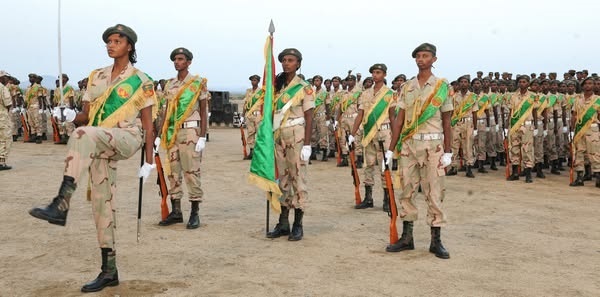by ADANE BIKILA
ADDIS ABABA – THE human rights community is concerned at Eritrea’s ongoing system of compulsory military service.
It has been denounced as a violation in a country whose human rights situation is dire.
Although officially limited to 18 months, the practice continues indefinitely in many cases.
Dr. Mohamed Abdelsalam Babiker, the United Nations Special Rapporteur on the situation of human rights in Eritrea, has described it as “system of social control and indoctrination,” marked by coercion and widespread abuses.
It has reportedly triggered mass displacement at a time Eritrea is the tenth-largest country of origin for refugees and asylum seekers globally.
According to the UN Refugee Agency, United Nations High Commissioner for Refugees (UNHCR) as much as 18 percent of Eritrea’s population has fled the country. This is the third-highest rate relative to population size worldwide.
The Eritrean government has introduced a draft resolution calling for an end to the Special Rapporteur’s mandate. This mirrors a move by Ethiopia in 2023.
Babiker has lamented the lack of accountability for violations in Eritrea, nearly a decade since the UN Commission of Inquiry concluded that crimes against humanity may have been committed.
Yet, no meaningful progress has been made toward accountability. As detailed in my report, there have been no investigations, no prosecutions, and no truth-seeking processes initiated by the Eritrean authorities.”
Abuses in Eritrea include sexual and gender-based violence, torture, arbitrary detention and religious persecution.
The Global Centre for the Responsibility to Protect Executive Director, Savita Pawnday, said, “At a time when international human rights norms are increasingly under threat, sustained global scrutiny of these abuses is more vital than ever.”
On 16 June, the UN Human Rights Council opened its ongoing 59th regular session in Geneva.
– CAJ News




